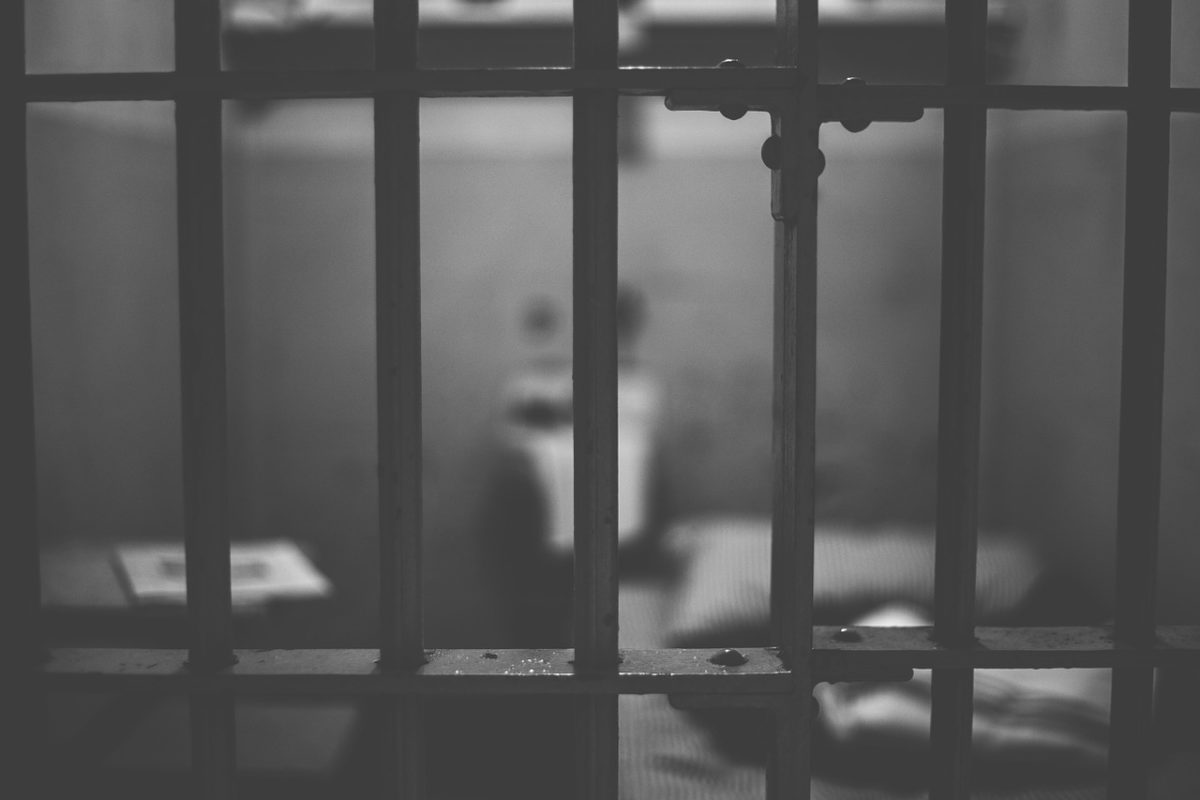
While covering a major demonstration in Iran, protestors turned on Don Dickson suddenly and accused him of working for the Shah. Luckily for him, someone intervened and saved Dickson from a mauling.
“Times have changed quite a bit in covering the Middle East in particular,” said the journalism professor at St. Thomas University, who reported in the Middle East from 1976 to the mid-80s. “When I was there, the only real threat we ever felt, any of us, was being involved in a combat situation and being killed by accident.”
Things are different now. In 2014, 61 members of the media were killed on the job. Another 221 journalists were jailed around the world. Egyptian-born Canadian Mohamed Fahmy spent nearly three years in prison for reporting on the crackdown on the Muslim Brotherhood by the military.
“To authoritarian governments that are used to controlling the media,” said Shaun Narine, an international relations professor at St. Thomas University, “having an independent and reputable news-source on site is incredibly dangerous. I think that this is one of the reasons that media people have become more targeted.”
Tom Henheffer, executive director of Canadian Journalists for Free Expression, worked with news network Al Jazeera for the release of Fahmy. The STU journalism grad said journalists are no longer seen as impartial middle-men to get the message of both sides across. He said journalists must have a plan, be familiar with the area and know which resources are available to them when they are reporting internationally.
“This is probably going to be the worst year for journalist killed around the world,” said Henheffer. “[Insurgent groups] find it’s better to murder a journalist on camera as a PR strategy than it is to actually work with journalists. Authoritarian governments are using the threat of terrorism to crackdown on journalists and free expression in civil society. So journalists are being assaulted from both sides, from governments and from insurgent groups. It’s an extremely dangerous position to be in.”
In December 2013 Fahmy was arrested, along with Australian Peter Greste, in Egypt. He was sentenced to seven years in a maximum-security prison in June 2014. After renouncing his Egyptian citizenship, he was pardoned last month and has returned to Canada.
Canadian Journalists for Free Expression and Al Jazeera maintained an international spotlight on the incident to pressure the Canadian government to fight for Fahmy’s release.
Hennheffer called Fahmy’s case an “international embarrassment” for the Canadian and Egyptian governments. Henheffer feels the Canadian government was lethargic in Fahmy’s case because they are opponents of immigration.
He acknowledges a growing “lack of respect” for journalists as well. He mentions another Canadian journalist, Kathy Gagnon, who had to turn to the German embassy to extract her from Afghanistan after being shot six times.
“The Canadian government certainly has a bad track record of helping journalists abroad,” said Henheffer.
Narine said the situation was complicated, because Canada favoured the new Egyptian government over the Muslim Brotherhood and didn’t want to offend them. Fahmy’s dual-citizenship would also have caused many problems in attempting to negotiate his release.
“Whether it was a Liberal government, an NDP government or whatever kind of government, there may still have been a problem in getting Fahmy out,” said Narine.
Narine said while Fahmy spent more time in jail than Greste, he has received a full pardon. Greste, on the other hand, cannot travel internationally due to the possibility of being extradited to face trial in Egypt.
Dickson said Fahmy’s case was unfortunate because he was used as an example to send a message to Al Jazeera and other reporters in Egypt. However, he said Fahmy’s case shouldn’t discourage journalists from travelling abroad.
“For us to think that these things happening elsewhere, don’t affect us, well that’s not true,” said Dickson. “We need good people out there to do a tough job and tell these stories.”
Dickson and Narine agree institutions, such as the Canadian Journalists for Free Expression, are essential to ensure journalists are protected at home and abroad.
“It’s when people disappear and nobody knows about them, it’s possible to do things to them,” said Narine. “If you can keep people’s names in the news and if you can make it apparent that these people are attracting attention, and attracting unwanted attention to your country, well that has an effect.”
